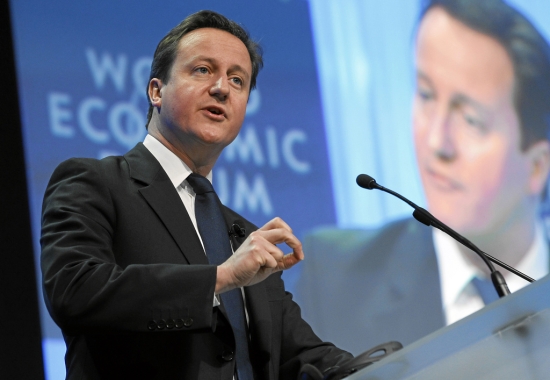The government is extending its start-up loans scheme, which offers young entrepreneurs loans of around £2,500 to help them start new businesses. The scheme had originally been targeted at 18-to-24-year-olds, but is now being extended to those aged up to 30.

To accommodate for the wider age band, the funding accessible for start-up loans will increase from £82m to £112m. However the scheme, which was announced at the end of May, has only loaned £1.5m so far.
The Start-up Loans Company, which runs the scheme, said the somewhat slow start was due to the time taken to set up local businesses; however the pace of loans had picked up throughout December. The target is to loan all £112m by April 2015.
So far the bulk of the loans have been made in London (34 per cent) and the South East (19 per cent), with 6 per cent in Yorkshire and the Humber. Over 3,000 people have applied for the loans so far, however if the target is to be met then almost 45,000 entrepreneurs will have to take out the loans.
The development was publicly announced by Prime Minister David Cameron at an event in Preston. He said there were record numbers of new businesses starting and the start-up scheme was “absolutely vital for the future of our country”.
“The government’s role has got to be to try to do everything we can to encourage more start-ups and then to help them to grow, to get finance and take people on,” Cameron said to an audience of young people and entrepreneurs.
Mr Cameron believes banks should also be doing more: “A lot of this should be the job of banks, but frankly after the terrible problems of 2008-9 there are gaps in the market”.
One of those gaps was start-up finance, he said. “I am not content to sit back and wait for the banks to get on with this work.”
But Labour’s shadow business secretary Chuka Umunna condemned the way the scheme was being delivered.
He said: “With our economy flat-lining it’s essential that initiatives like the Start-up Loans scheme are delivered effectively if they are to provide real opportunities for our young entrepreneurs.”
Mr Umunna said the number of loans given out so far was massively behind target and the government needed to confront the lack of knowledge about the scheme.
Start-up loans have largely been welcomed by business groups, although there have been suggestions that the average of £2,500 on offer may not be enough to make a difference.
Ketan Makwana, from Rockstar Youth, one of the organisations administering the loans, said: “It is not about creating the next multinational; it is about creating a series of micro-businesses, giving you enough capital to start your own business.”
But Mr Makwana said the most important part of the scheme was the mentoring and guidance that young people get in conjunction with the loan. He told the BBC that he dismissed the “cynical view” that the programme was a cheap way of getting people off the unemployment register.
He told BBC Radio 4’s Today programme: “What it is doing is inspiring a generation to get Britain back into business.
“It is giving an opportunity to those who want to start a business and maybe increase employment opportunities for others in the future.”
The Start-up Loans Company is directed by James Caan, who is best known for his appearances on the television programme Dragons’ Den.
Mr Caan told BBC News: “I am delighted to see that more and more young people are now looking to set up their own business.
“We have already backed 460 businesses in the last three months. We are looking to back 100 businesses a week.”
One of the first to be presented with a loan was Elena Mingas who used the money to open a fashion business, Tangle Dress Design in Bury. She said she hoped the scheme would help overcome the negative attitude towards young people and show what they could achieve.
The loans must be repaid within five years, and interest will be charged at the level of inflation measured by the the Retail Prices Index (RPI), plus 3 per cent. The loans are part of the government’s efforts to slash youth unemployment.
The latest official figures reveal that 17.9 per cent of 16-to-24-year-olds who were not in full-time education were unemployed.